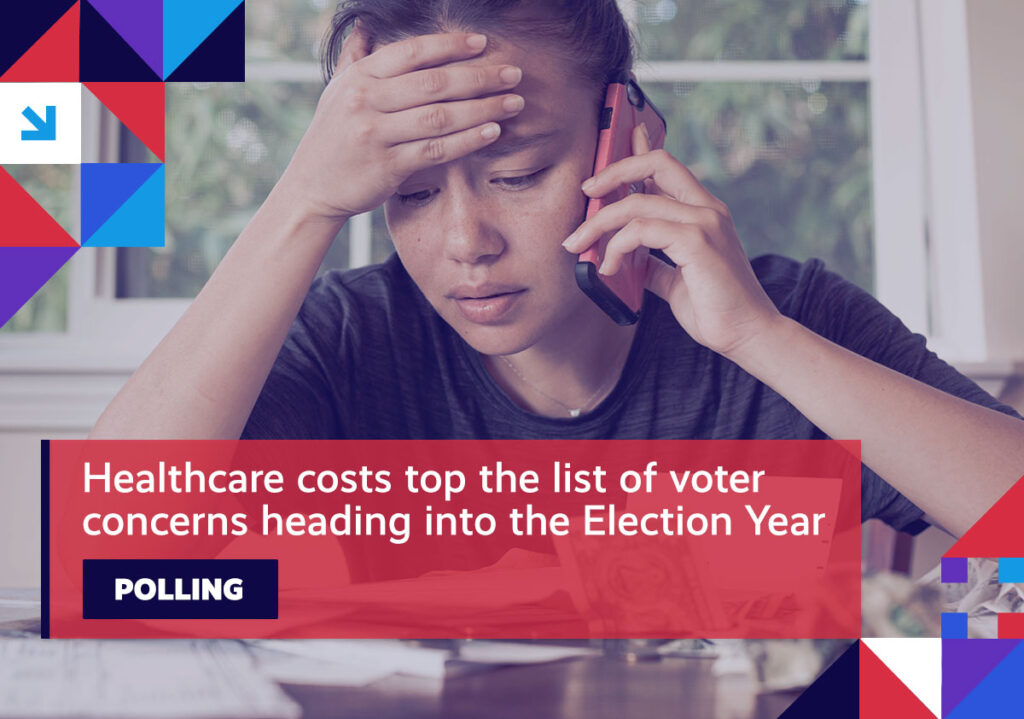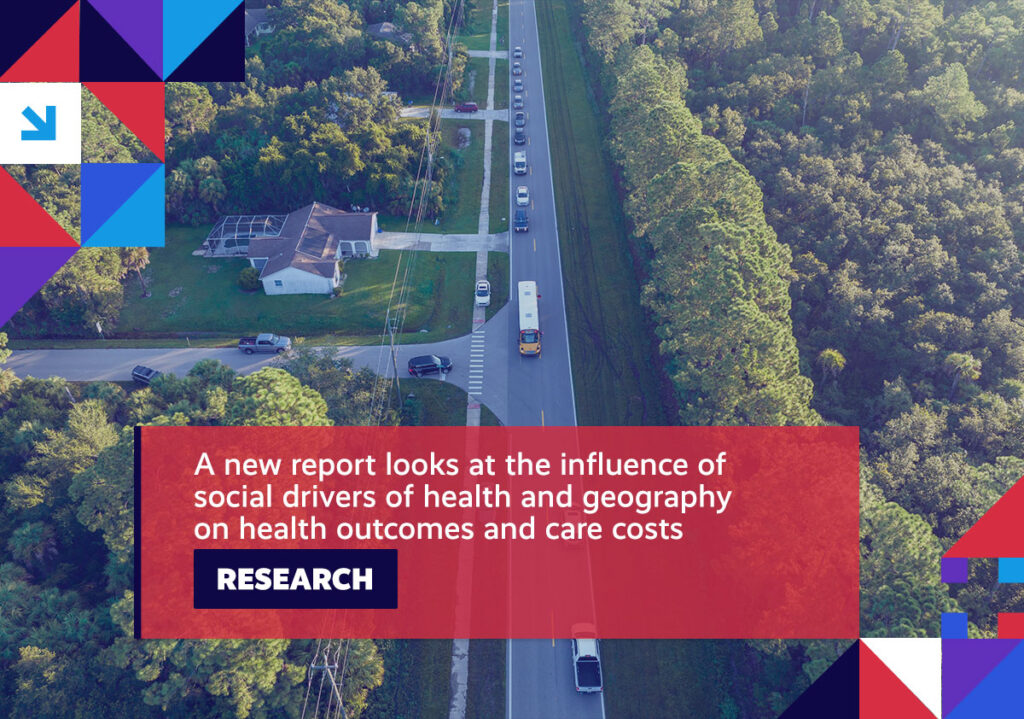A quick roundup of the issues driving the healthcare reform conversation.

Week in Review
MEDICARE ADVANTAGE Stakeholders defend the value of Medicare Advantage.
Quick takeaway: A growing chorus of voices is urging the Administration to protect beneficiaries from more harmful cuts to the Medicare Advantage (MA) program.
Digging deeper: As has been covered, proposed changes to MA by the Centers for Medicare & Medicaid Services (CMS) threaten to increase costs and reduce benefits for the more than 33 million American seniors now enrolled in the program.
In response, stakeholders from across the healthcare spectrum have urged the agency to protect MA and focus on policies that, instead, promote stability in the program.
What it means: A growing body of research continues to highlight how MA has distinguished itself from original Medicare by providing more efficient, choice-driven, and cost-effective coverage – which is why over half of all Medicare eligible seniors are now enrolled in MA plans.
MATERNAL HEALTH Doulas improve maternal health.
Quick takeaway: A growing focus on maternal health in the U.S. has led to innovative approaches to driving better outcomes.
Digging deeper: The maternal mortality rate in this country has exceeded that of other developed countries for years. One approach to address this crisis includes offering doula support to women during pregnancy, the delivery process, and the postpartum period.
Doulas, who are trained, non-clinical professionals, aid pregnant women before, during, and after childbirth by providing emotional, physical, and educational support.
According to a new study from the Elevance Health Public Policy Institute, compared to women not receiving doula care, women with doula support demonstrated:
- Lower prevalence of caesarean section (C-section)
- Higher prevalence of postpartum visit attendance
- Lower prevalence of postpartum anxiety or depression
What it means: The report concludes with policy considerations based on lessons learned from the Medicaid managed care plans offering doula services that were a part of the analysis, including:
- The importance of fostering a sustainable relationship between plans, state Medicaid programs, community-based and local organizations, and doulas
- The need to reduce barriers keeping doulas from becoming Medicaid providers
- Consideration of patient volume in reimbursement design to encourage doulas to participate in Medicaid
MEDICAL BILLS Consumers are vulnerable to provider overcharges.
Quick takeaway: Examples abound of people finding themselves on the wrong end of an unexpected charge for medical services.
Digging deeper: Case in point, the recent example of a couple who was billed $600 apiece for what should have been free colonoscopies.
While the procedures themselves were covered as preventive services, the gastroenterology provider exploited a loophole in the law, which requires preventive care to be made available at zero-cost to patients, but is without any such requirement that the provider has to code the claim correctly.
As it turns out, the gastroenterology center tacked on the $600 for “surgical trays” in lieu of a separate fee for “use cost” for the facility.
What it means: While a lot of attention has been paid to addressing hospital “dishonest billing”, which occurs when these health systems reclassify a doctor’s office they own as a hospital setting in order to charge more, it’s worth remembering that provider overcharges can take different forms.
DIGITAL HEALTH Virtual care has established itself as an integral part of our evolving healthcare delivery model.
Quick takeaway: The coronavirus pandemic helped normalize virtual care in how, when, and where people access healthcare.
Digging deeper: On this side of the public health crisis, a new study shows telehealth use continuing to gain traction, indicating that consumers have fully embraced virtual care.
Among the findings:
- 90 percent of consumers agree that virtual care provides access for those who are unable to visit a doctor in person
- 81 percent believe that the healthcare system is improving as a result of the integration of virtual care
- 75 percent said they not only find virtual care useful, but plan to keep on using it
- 73 percent said they would recommend virtual care services to their family and friends
What it means: While it’s clear that consumers value virtual care, the report goes on to highlight the importance of integration of these technologies into our existing model to fully realize these benefits.
For instance, a hybrid model combining in-person visits with virtual care enables timely interventions, reduces travel burdens, and facilitates continuous monitoring and support, all leading to improved health outcomes.
Spotlight

| You can keep up with the latest by following the Health Action Network on X and by liking us on Facebook. And, be sure to check us out on LinkedIn, too. As always, let us know if there’s something you’d like to see covered in a future newsletter. |
The Health Action Network includes everyday Americans—families, workers, businesses, patients, providers, neighbors, and friends. We are working together because we support market-based solutions that offer better healthcare choices and help build a stronger economy. The Health Action Network is an Elevance Health, Inc., initiative.
